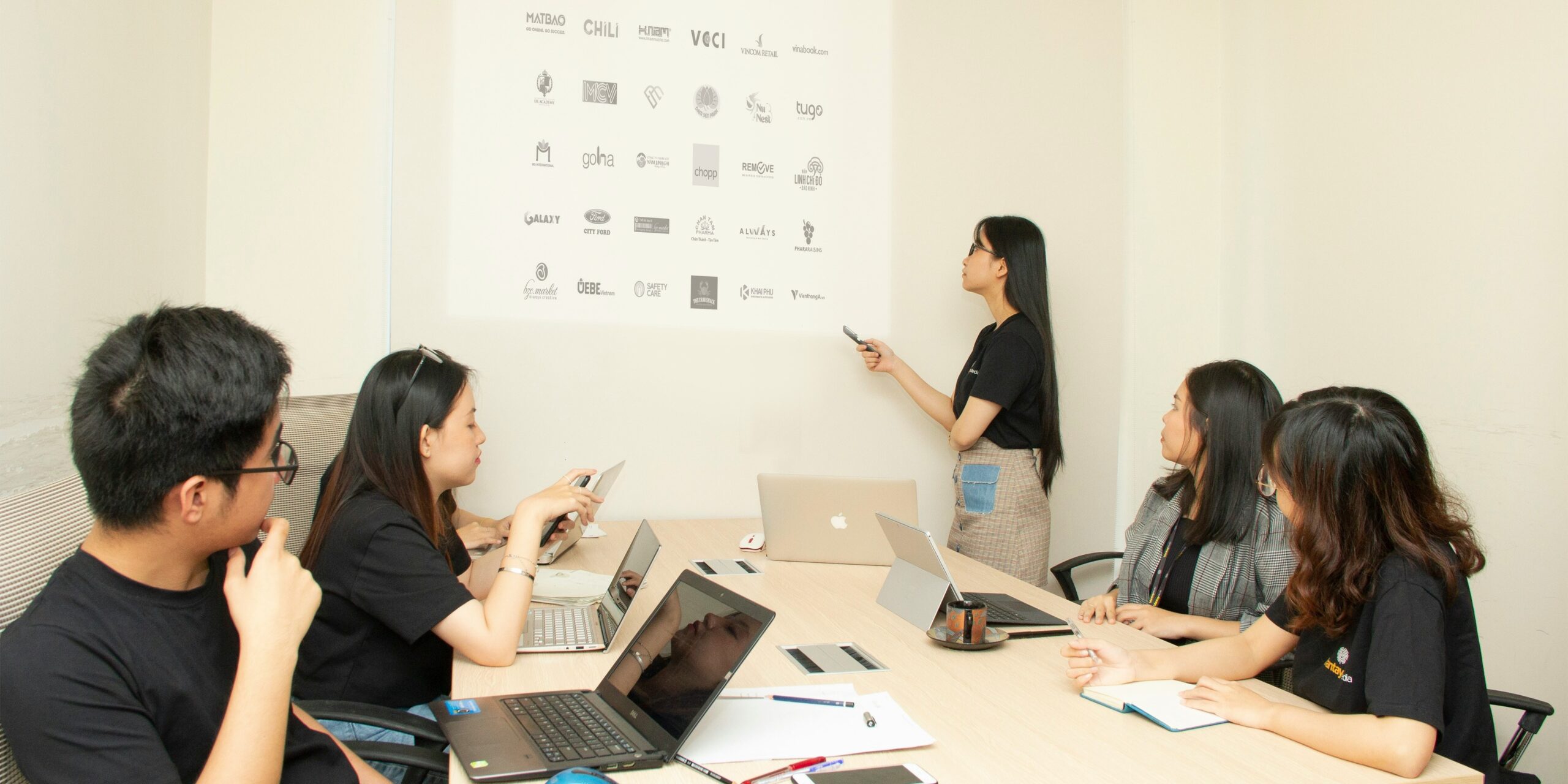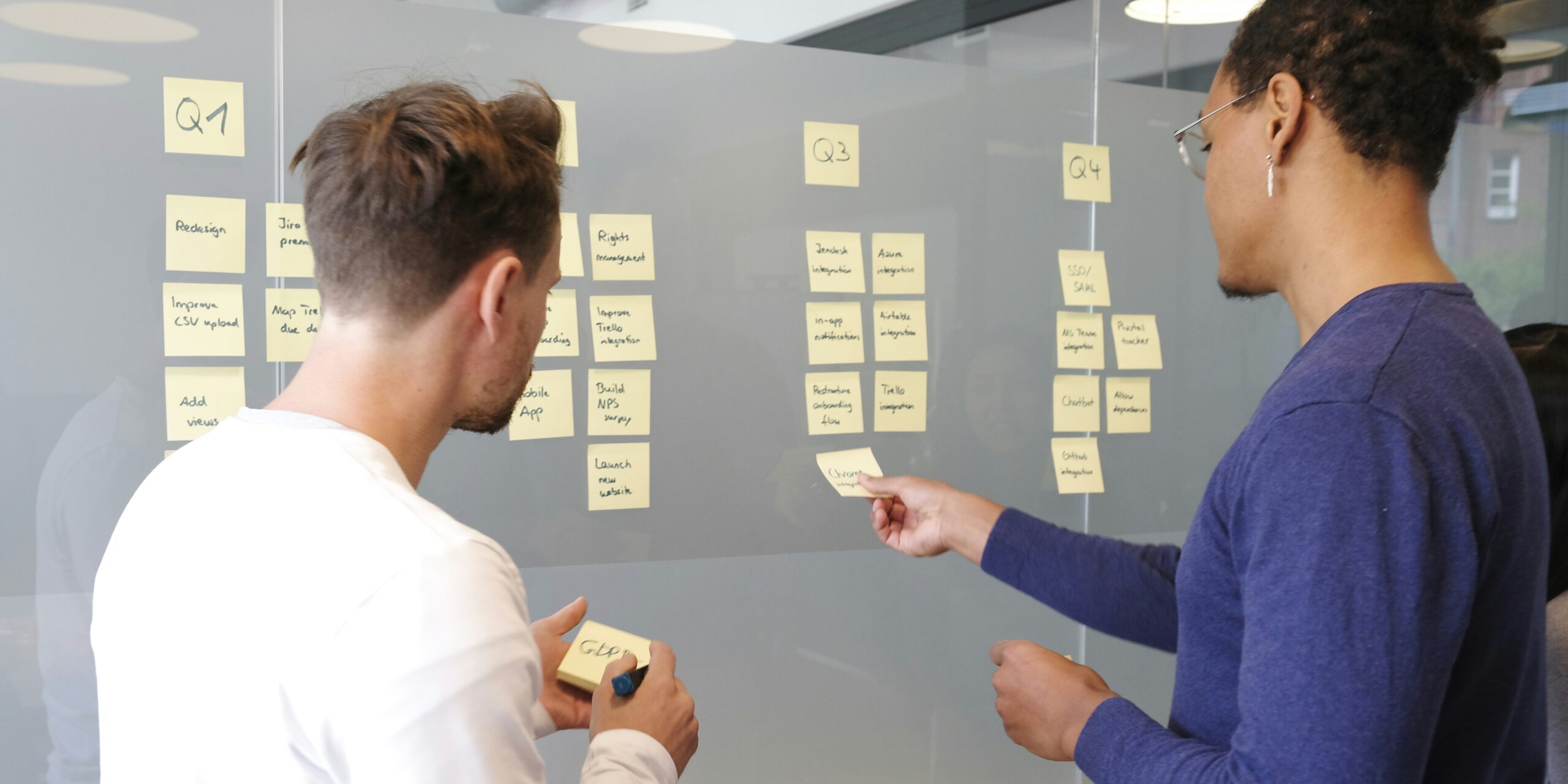The concept of Conscious Incompetence is a critical stage in the learning journey, particularly in the context of Learning and Development (L&D). It refers to the stage where learners become aware of their lack of knowledge or skills in a particular area. This awareness is a crucial step towards growth and development, as it motivates learners to seek out new knowledge and skills, and to work on improving their competencies.
This article will delve into the depths of Conscious Incompetence, exploring its origins, implications, and how it fits into the broader framework of learning. We will also discuss strategies for managing and overcoming this stage, and how to leverage it for effective learning and development.
Origins of the Concept
The concept of Conscious Incompetence is part of a model known as the Four Stages of Competence, which was developed by Noel Burch in the 1970s. Burch was an employee at Gordon Training International, an organization that specializes in human relations training. He developed this model to explain the process of learning and how individuals progress from ignorance to mastery.
The Four Stages of Competence are: Unconscious Incompetence, Conscious Incompetence, Conscious Competence, and Unconscious Competence. Conscious Incompetence is the second stage in this progression, following Unconscious Incompetence, where the learner is not aware of their lack of skills or knowledge.
The Four Stages of Competence
The Four Stages of Competence provide a framework for understanding the learning process. Each stage represents a different level of awareness and ability, and learners must progress through each stage in order to achieve mastery.
Unconscious Incompetence is the first stage, where the learner is not aware of their lack of skills or knowledge. They do not know what they do not know. Conscious Incompetence, the focus of this article, is the second stage, where the learner becomes aware of their lack of skills or knowledge. They know what they do not know.
Conscious Competence is the third stage, where the learner has acquired the skills or knowledge but must consciously think about them in order to use them. They know what they know. Finally, Unconscious Competence is the fourth stage, where the learner can use the skills or knowledge without thinking about them. They do not know what they know, because it has become second nature.
Significance of Conscious Incompetence
Conscious Incompetence is a critical stage in the learning process because it represents a turning point. It is the stage where the learner becomes aware of their lack of skills or knowledge, which is the first step towards learning and improvement. This awareness can be uncomfortable, but it is necessary for growth and development.
Without this awareness, learners would remain in a state of Unconscious Incompetence, blissfully ignorant of their shortcomings. They would not seek out new knowledge or skills, and they would not improve. Therefore, Conscious Incompetence is a necessary stage in the journey towards mastery.
Implications for Learning and Development
The concept of Conscious Incompetence has significant implications for Learning and Development. It highlights the importance of self-awareness in the learning process, and it provides a framework for understanding and managing the discomfort that often accompanies learning.
By understanding the stages of competence, L&D professionals can better support learners in their journey towards mastery. They can provide the necessary resources and guidance, and they can help learners manage the discomfort of Conscious Incompetence.
Role of Self-Awareness
Self-awareness is a key aspect of Conscious Incompetence. It is the awareness of one’s own lack of skills or knowledge, and it is the driving force behind the desire to learn and improve. Without self-awareness, learners would remain stuck in the stage of Unconscious Incompetence, unaware of their need for improvement.
L&D professionals can foster self-awareness in learners by providing feedback and opportunities for self-reflection. Feedback can help learners identify areas for improvement, while self-reflection can help them internalize this feedback and develop a deeper understanding of their own competencies.
Managing Discomfort
Conscious Incompetence can be an uncomfortable stage in the learning process, as it involves coming to terms with one’s own shortcomings. However, this discomfort is a necessary part of the learning process, as it motivates learners to seek out new knowledge and skills.
L&D professionals can help learners manage this discomfort by providing support and encouragement. They can reassure learners that it is normal to feel uncomfortable during this stage, and they can help them see the value in this discomfort as a catalyst for growth and development.
Strategies for Overcoming Conscious Incompetence
While Conscious Incompetence can be a challenging stage in the learning process, there are strategies that can help learners overcome this stage and progress towards Conscious Competence. These strategies involve embracing the discomfort of Conscious Incompetence, seeking out new knowledge and skills, and practicing these skills until they become second nature.
These strategies are not only useful for learners, but also for L&D professionals who are supporting learners in their journey towards mastery. By understanding and implementing these strategies, L&D professionals can better support learners in overcoming Conscious Incompetence and achieving their learning goals.
Embracing Discomfort
The first step in overcoming Conscious Incompetence is to embrace the discomfort that comes with it. This involves accepting that it is a necessary part of the learning process, and that it is a sign of growth and development. By embracing this discomfort, learners can transform it from a barrier into a motivator, driving them to seek out new knowledge and skills.
L&D professionals can support learners in embracing this discomfort by providing reassurance and encouragement. They can remind learners that it is normal to feel uncomfortable during this stage, and they can help them see the value in this discomfort as a catalyst for growth and development.
Seeking Knowledge and Skills
Once learners have embraced the discomfort of Conscious Incompetence, the next step is to seek out the knowledge and skills they need to progress towards Conscious Competence. This involves identifying areas for improvement, finding resources for learning, and dedicating time and effort to learning.
L&D professionals can support learners in this process by providing resources and guidance. They can help learners identify areas for improvement, they can provide resources for learning, and they can guide learners in their learning journey, providing feedback and support along the way.
Practicing Skills
The final step in overcoming Conscious Incompetence is to practice the new skills until they become second nature. This involves repeated practice and application of the skills, until they can be used without conscious thought. This is the stage of Conscious Competence, where learners know what they know and can use their skills effectively.
L&D professionals can support learners in this stage by providing opportunities for practice and application. They can provide tasks and projects that allow learners to apply their new skills, and they can provide feedback and guidance to help learners refine their skills and achieve mastery.
Conclusion
Conscious Incompetence is a critical stage in the learning journey, representing the point where learners become aware of their lack of skills or knowledge. While this stage can be uncomfortable, it is a necessary part of the learning process, driving learners to seek out new knowledge and skills and to work on improving their competencies.
By understanding the concept of Conscious Incompetence and the strategies for overcoming it, L&D professionals can better support learners in their journey towards mastery. They can provide the necessary resources and guidance, and they can help learners manage the discomfort of Conscious Incompetence and leverage it for effective learning and development.




